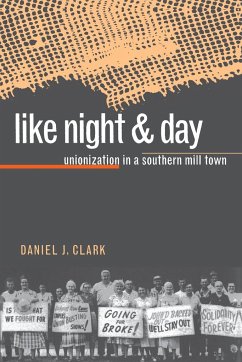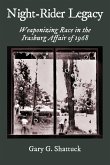Daniel Clark demonstrates the dramatic impact unionization made on the lives of textile workers in Henderson, North Carolina, in the decade after World War II. Focusing on the Harriet and Henderson Cotton Mills, he shows that workers valued the Textile Workers Union of America for more than the higher wages and improved benefits it secured for them. Specifically, Clark points to the importance members placed on union-instituted grievance and arbitration procedures, which most labor historians have seen as impediments rather than improvements. From the signing of contracts in 1943 until a devastating strike fifteen years later, the union gave local workers the tools they needed to secure at least some measure of workplace autonomy and respect from their employer. Union-instituted grievance procedures were not without flaws, says Clark, but they were the linchpin of these efforts. When arbitration and grievance agreements collapsed in 1958, the result was the strike that ultimately broke the union. Based on complete access to company archives and transcripts of grievance hearings, this case study recasts our understanding of labor-management relations in the postwar South.
Bitte wählen Sie Ihr Anliegen aus.
Rechnungen
Retourenschein anfordern
Bestellstatus
Storno








